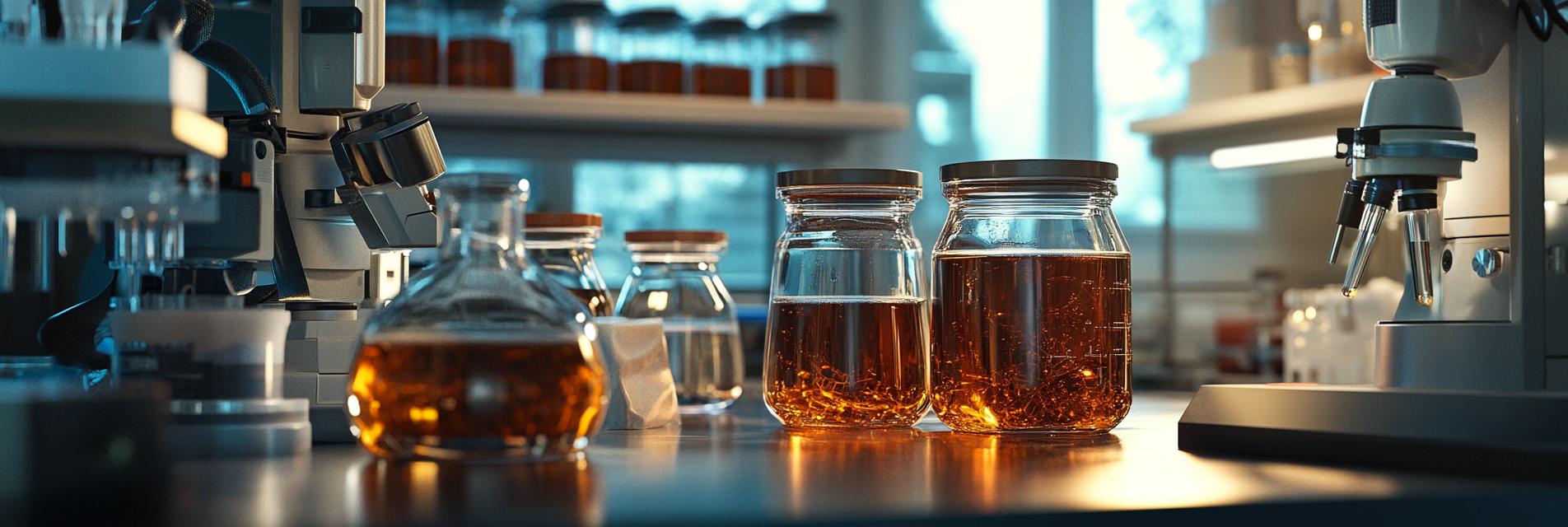High viscosity polyacrylamide (PAM) serves as a critical component in various industrial applications. With its exceptional properties, it helps improve processes across sectors, particularly in water treatment and soil stabilization.
One of the primary applications of PAM is in water treatment. It acts as a flocculant, effectively aggregating suspended particles to enhance sedimentation rates. Studies have shown that using PAM can improve the efficiency of wastewater treatment by up to 30%, leading to cleaner water and reduced operational costs.
In soil stabilization, high viscosity PAM plays an essential role. Its ability to increase water retention and reduce erosion significantly benefits agricultural practices and construction projects. Furthermore, reports indicate that PAM can decrease soil loss by over 50% in areas prone to erosion.

Ultimately, high viscosity polyacrylamide is not just a product but a catalyst for innovation. By enhancing industrial processes, it contributes to sustainability efforts worldwide. As industries continue to seek eco-friendly solutions, PAM stands out as a pivotal material in the quest for efficiency.
In summary, high viscosity PAM is indispensable for modern industrial applications. Its remarkable effectiveness in water treatment and soil stabilization highlights its significant role in promoting efficiency and sustainability. Embracing this technology paves the way for improved industrial practices.
